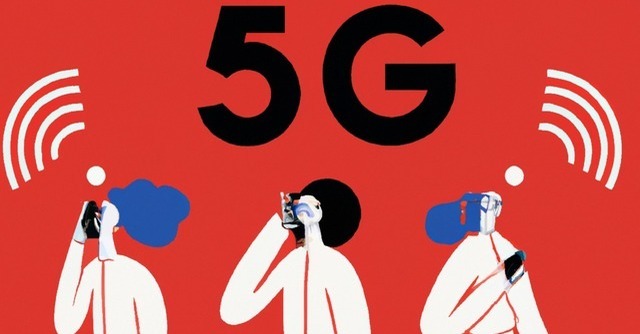
Nokia vs Oppo: Patent war over 5G technology


The Delhi High Court issued an order on Monday, instructing Oppo, a Chinese smartphone manufacturer, to deposit 23 percent of its India sales within four weeks. This decision follows allegations that Oppo utilised Nokia's technology in its phones without obtaining the necessary consent.
The court arrived at this decision by taking into account the fact that Oppo's sales in India constitute approximately 23 percent of its global sales.
The purpose of the deposit is to serve as a form of "royalty" for the alleged infringement of Nokia's three standard essential patents (SEPs) related to cellular technology. These patents are essential for ensuring compliance with 2G, 3G, 4G, and 5G standards in cellular systems.

Case Background
In 2018, Oppo obtained a licence from Nokia, permitting the use of some of its technology for a three-year period. While Oppo had made advance payments for this technology, the agreement did not cover patents associated with 5G standards.
Nokia claimed that after the agreement expired, Oppo experienced a substantial increase in device sales in India. Nokia alleged that Oppo sold approximately 77 million devices in India without paying any royalties.

As Oppo did not renew its licence in 2021, Nokia approached the high court, requesting Oppo to deposit royalty payments at Fair, Reasonable, and Non-Discriminatory (FRAND) rates. Upon payment of the royalties, Oppo could be granted a license to utilise Nokia's patents.
However, a single judge dismissed Nokia's petition, stating that the FRAND agreement between Nokia and Oppo was based on counter-licensing and did not imply any admission of liability by Oppo. Nokia then appealed the decision before a two-judge bench of the High Court.
International Dispute

In the midst of the escalating dispute, Nokia obtained a ban on Oppo and OnePlus from selling 4G and 5G devices in Germany. The German court ruled in favor of Nokia, determining that BBK Electronics, the parent company of Oppo and OnePlus, as well as its subsidiaries, had violated Nokia's intellectual property rights.
The conflict between Nokia and Oppo commenced in 2021 when Nokia filed patent infringement complaints against Oppo across Europe and Asia. The Mannheim District Court in Germany intervened and urged the parties to negotiate a settlement regarding licensing fees. If an agreement could not be reached, the court warned that it would impose a sales ban on Oppo smartphones.
Consequently, Oppo and OnePlus were compelled to cease their sales activities in Germany after losing the patent lawsuit against Nokia. This setback prompted Oppo to announce its plan to withdraw from business operations in Germany, France, the Netherlands, and the UK in March 2023. The company will retain only a small number of employees to handle essential operations, with the plan set to be implemented in mid-2023.

Oppo's Arguments
Oppo presented its arguments, asserting that a patent holder does not have an automatic right to seek an interim or permanent injunction. Oppo also claimed that Nokia was seeking interim security without providing substantiating evidence in the early stages of the case.
According to Oppo, Nokia's demands did not align with the principles of the Fair, Reasonable, and Non-Discriminatory (FRAND) agreement, which aims to promote fair practices in patent usage.

Court's conclusion
In the end, the court determined that in cases like this, it has the authority to issue an order requiring Oppo to make a temporary deposit, aiming to strike a fair balance.
Moreover, the court clarified that a temporary deposit order does not mean stopping Oppo from using the patent altogether. The court recognised that if Oppo fails to make the temporary deposit, Nokia will suffer significant losses since its patents will be used without receiving any royalties.

The court also took into account the fact that Nokia had initiated 13 patent infringement proceedings against Oppo on a global scale, with 11 of them ruling in favour of Nokia. Considering this, the court overturned the previous ruling by the single judge and directed Oppo to deposit 23 percent of the proceeds from their sales in India.
